Lost Room
Journey through the history of Portuguese genre cinema
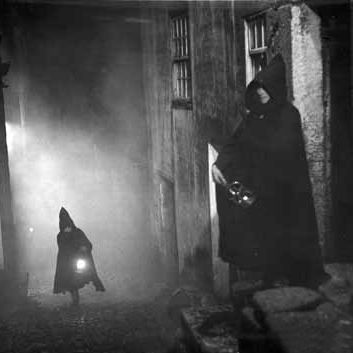
Horror films never really developed in Portugal, somewhat due to the lack of conditions for the industrial development of films, but also because of the low number of genre-influenced literature, which is one of the biggest sources for cinematic adaptations.
In 2009, MOTELX decided to create a section dedicated to finding the lost roots of Portuguese Horror cinema. The main goal of the Lost Room section is to research these movies and screen them as examples of Portuguese "horror" which otherwise wouldn't be seen by most.
In 2022, to celebrate over a decade of existence, the book "O Quarto Perdido do MOTELX - Os Filmes do Terror Português (1911-2006)" (The Lost Room of MOTELX - Portuguese Horror Films) was released, featuring texts by authors from various backgrounds.
In 2009, MOTELX decided to create a section dedicated to finding the lost roots of Portuguese Horror cinema. The main goal of the Lost Room section is to research these movies and screen them as examples of Portuguese "horror" which otherwise wouldn't be seen by most.
In 2022, to celebrate over a decade of existence, the book "O Quarto Perdido do MOTELX - Os Filmes do Terror Português (1911-2006)" (The Lost Room of MOTELX - Portuguese Horror Films) was released, featuring texts by authors from various backgrounds.
MOTELX 2023
7-18 September 2023
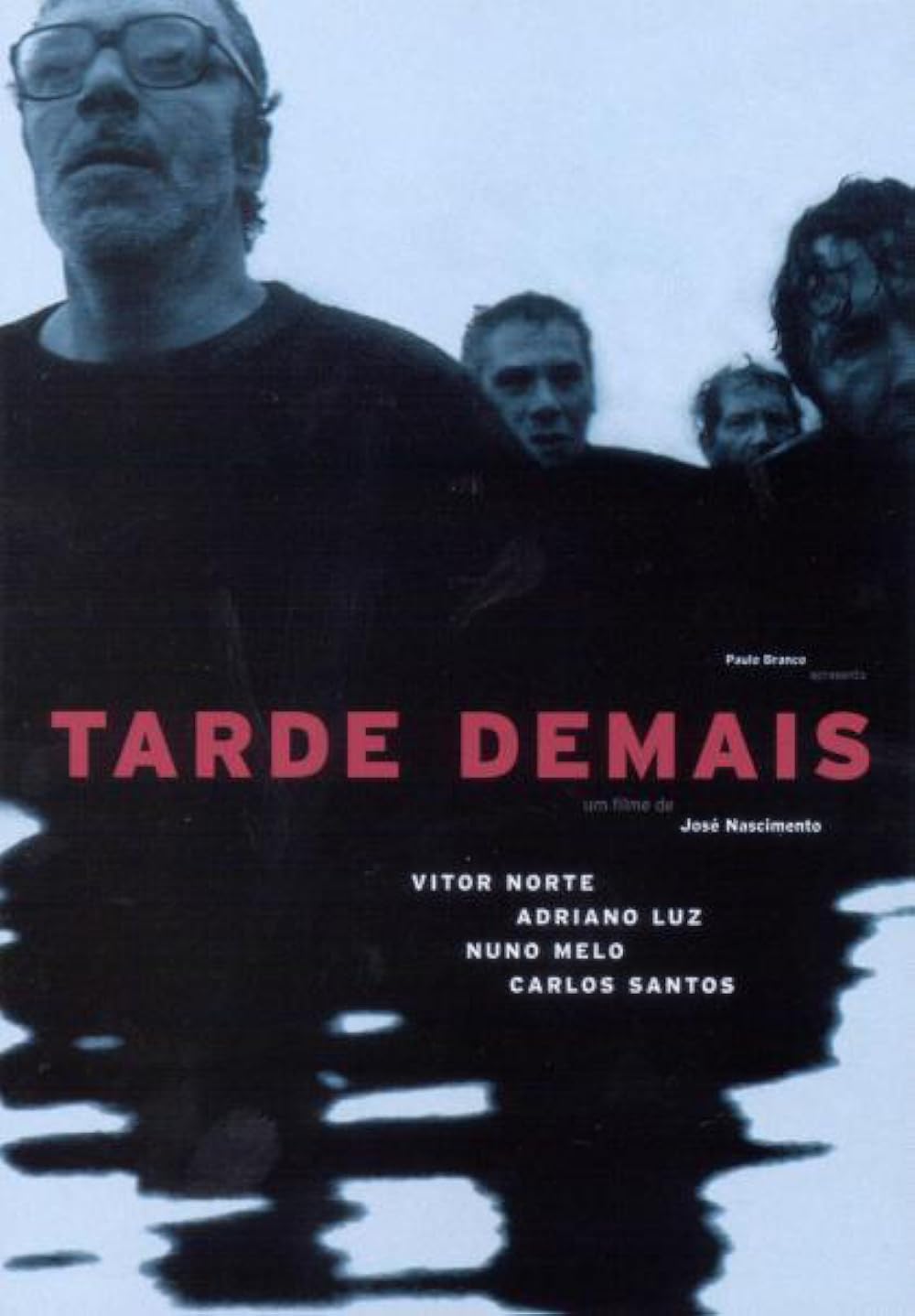
Too Late (2000) by José Nascimento
MOTELX 2023
A small fishing boat is ship-wrecked. Four men are soaked to their bones for long hours, not knowing if someone will come to their rescue. With Lisbon on the horizon, but no one in sight, and their lives in danger, they have no
choice but to try to reach the riverside by themselves (despite knowing the chances of success are slim). For 24
hours, amongst sand and sea slime, swimming and dragging themselves through the water, torn between despair
and exhaustion. Will help arrive too late? This second feature by José Nascimento, after his first “Reporter X”, is
a harrowing (and rare in Portuguese cinema) Survival Film based on an article published by O INDEPENDENTE
in 1995, about an absurd shipwreck of a fishing craft boat in the middle of the Tagus river. It’s the first and only
Portuguese film that depicts Tagus as a river of death.
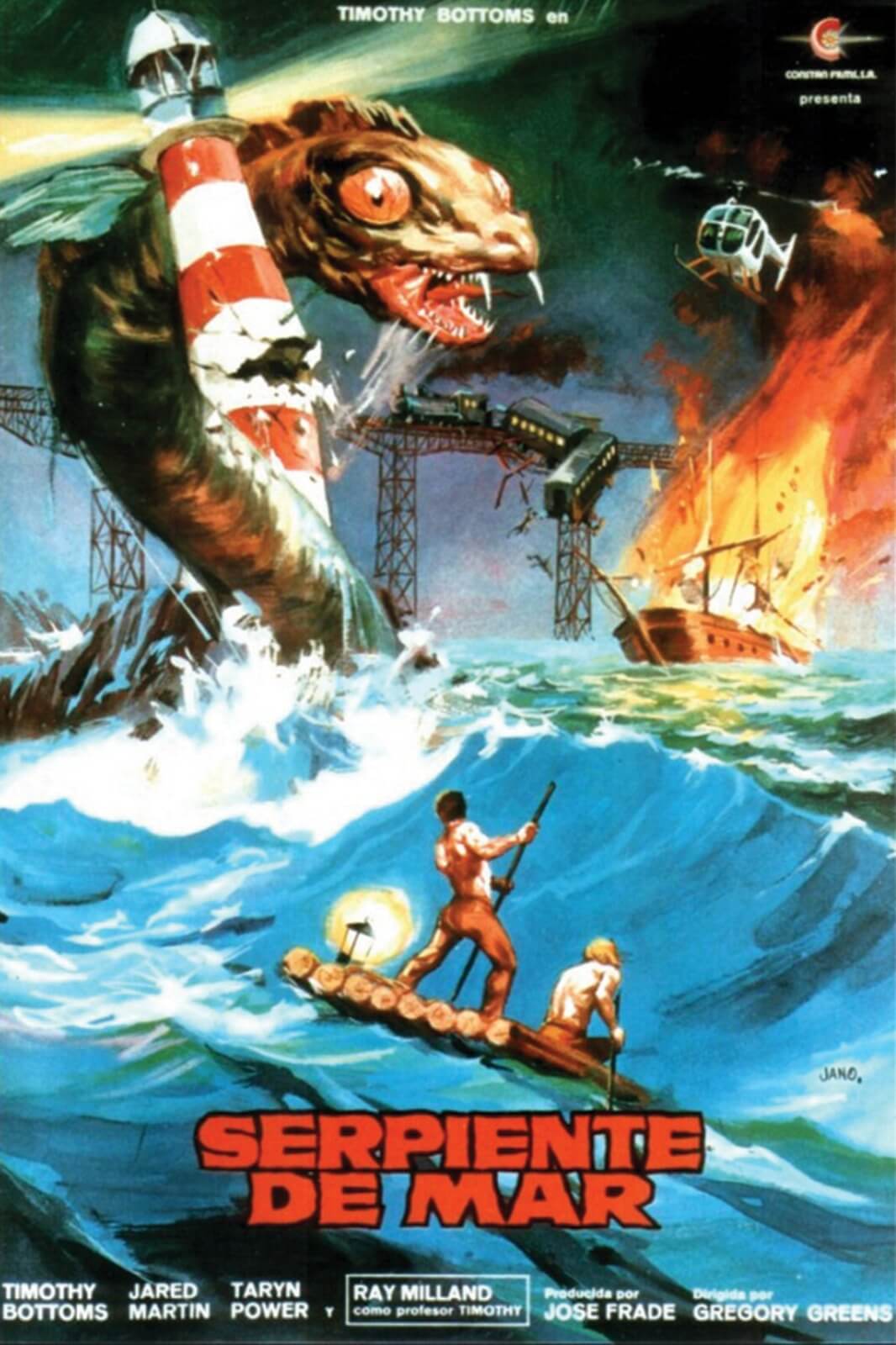
Hydra (1985) by Amando de Ossorio
MOTELX 2023
A military plane that transports an experimental atomic bomb suffers technical damage and is forced to dump it in the ocean, so it doesn’t fall into the hands of the enemy. However, the radiation generated by the explosion
will transform a sea snake into a gigantic creature. The captain of a ship wrecked by the serpent and an American
tourist who lost his best friend join forces to destroy the monster, with the help of a renowned oceanographer. The
last film of Galician Amando de Ossorio, father of the knight templar zombies (“The Return of the Evil Dead”), who
suffered a heart-attack during filming. A variation of “Jaws’’ and “Godzilla”, shot in the Portuguese coastside and in
Lisbon, where we can see Timothy Bottoms (“The Last Picture Show”) and, for the last time, the classic Hollywood
actor Ray Milland. Considered by specialists one of the “best worst movies” ever.
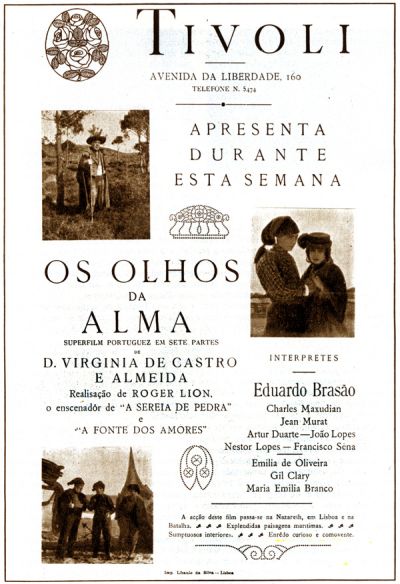
The Eyes of the Soul (1923) by Roger Lion
MOTELX 2023
“In a coast-area community, two clans - a small but influential one, constituted by the owner of the boats; and a larger less-resourceful one of fishermen - whose fishing trawlers go out relentlessly to sea. Over a hateful
intrigue, rivalries and passions, hovers a terrible secret”. This was how the film was promoted one hundred years
ago. Its goal was to glorify the “Lusitanian soul”, although its director was French. Roger Lion was one of the
pioneers of Portuguese Cinema, alongside Maurice Mariaud and Georges Pallu. “Os Olhos da Alma” has scuffles, betrayals, ghosts, uncontrollable windmills and an epic character like the ones from D.W. Griffith and Victor
Sjostrom. Virgínia de Castro e Almeida (scriptwriter/producer) one of the heroines of our national cinema, not
enough times praised or even mentioned. The screening of “Os Olhos da Alma” had live musical accompaniment with an original soundtrack by Surma.
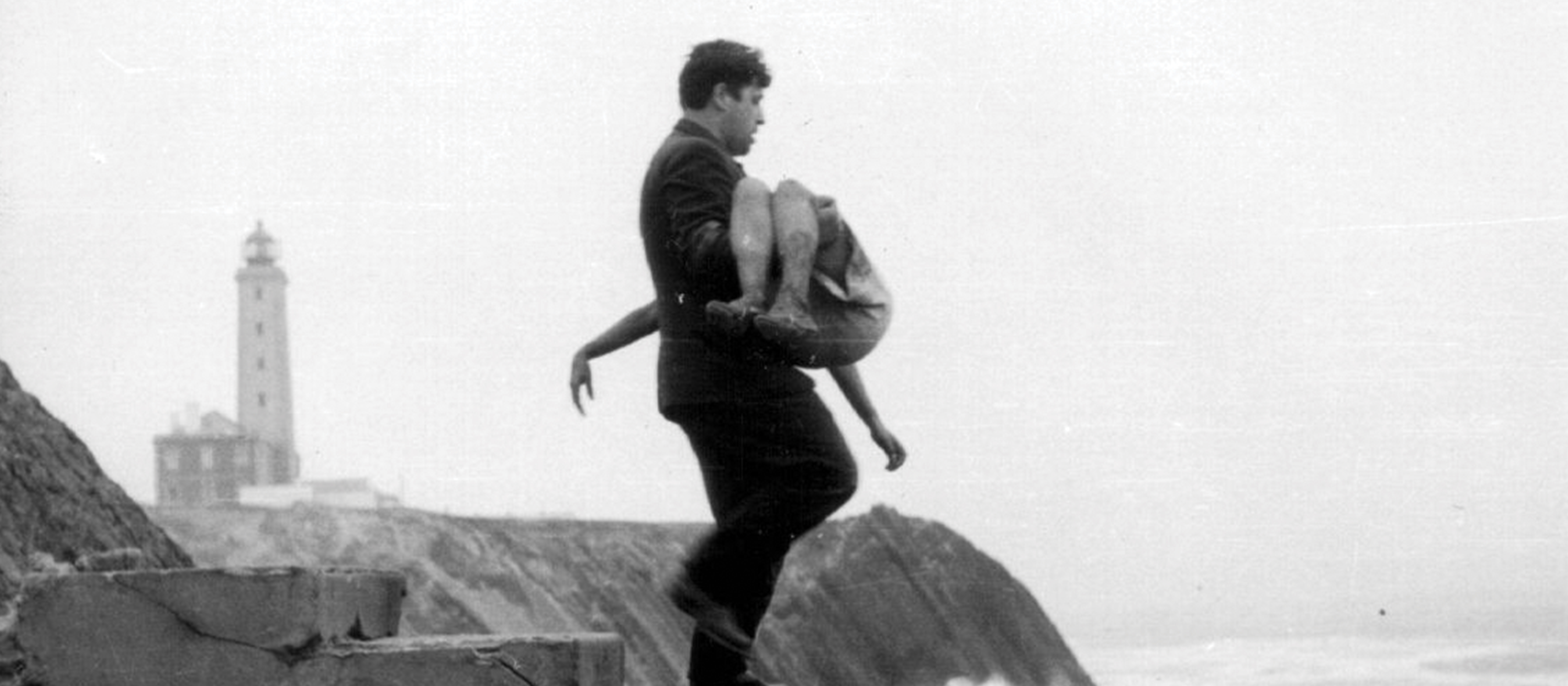
The Invention of Love (1966) by António Campos
MOTELX 2023
In “A Invenção do Amor”, by António Campos, a couple is chased down by the police and the city’s inhabitants for the crime of having invented love. Inspired by a homonymous poem by the Cape-Verdean poet Daniel Filipe,
Campos’ first fiction, who is more known for his ethnographic work, is an allegory for Estado Novo (the ‘New State’
dictatorship), shot with his friends in Leiria. The film was taken out of circulation by the director himself, who
knew it would be censored. Print from Cinemateca Portuguesa digitised by project FILMar/EEAGrants 2020-2024.
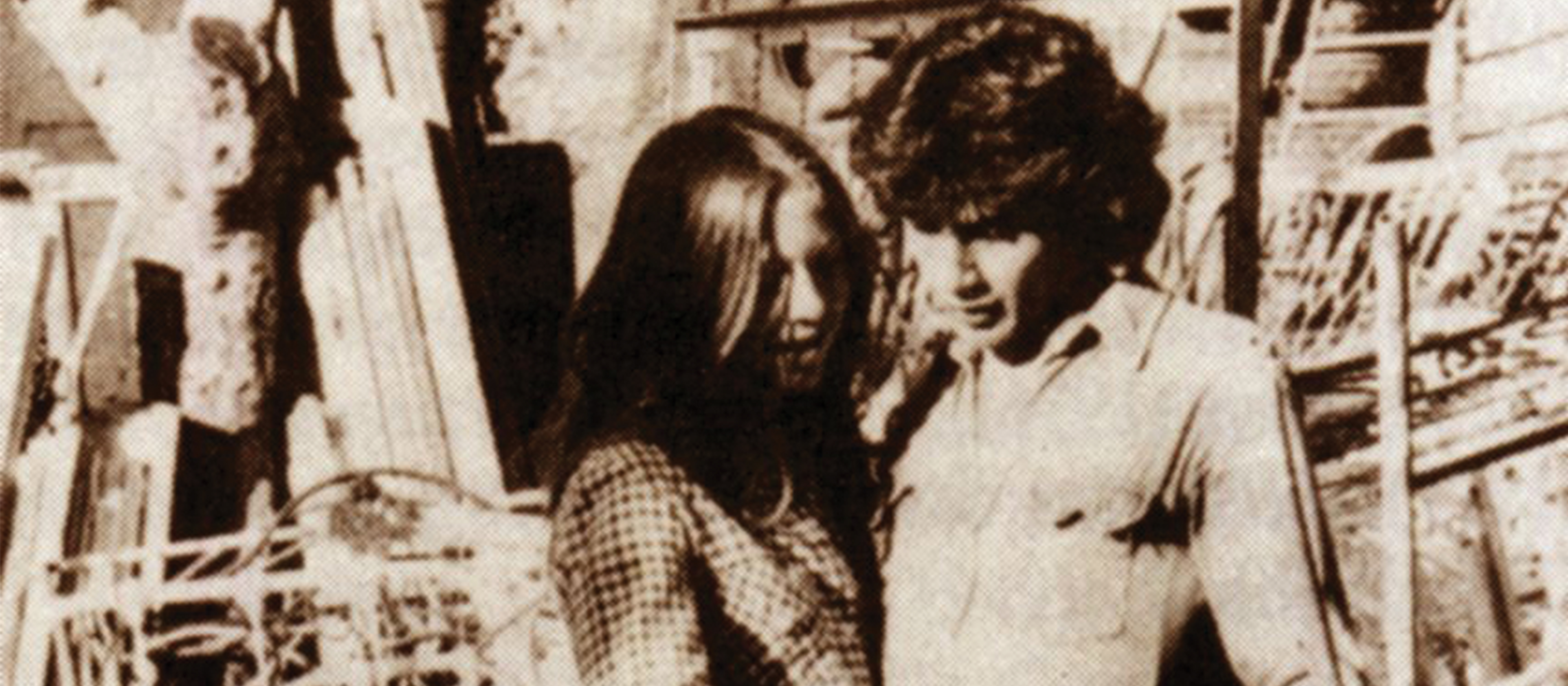
The Bed (1975) by Sinde Filipe
MOTELX 2023
In Sinde Filipe’s film, his second short after “O Piano” and before “O Leproso”, love is yet again the centre of the narrative. A young couple, unable to make love after being repelled on several occasions (like in a dubious
inn), buys a bed and carries it for miles, until they reach a beach – where, exhausted, they end up falling asleep
MOTELX 2022
6-12 September 2022
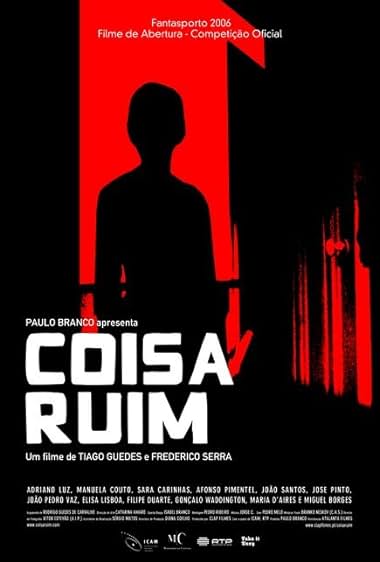
Bad Blood (2006) by Frederico Serra, Tiago Guedes
MOTELX 2022
Xavier Monteiro is a researcher and university professor who lives with his wife, children and a baby grandson in an apartment in Lisbon. One day, he receives the news of the death of an uncle, owner of a family manor house
in a village in the municipality of Seia. Being the only legitimate heir, he becomes the owner of the property and
decides to move there with his family. Upon arriving at the village, he realises that the locals are very superstitious and believers in matters relating to the occult. At first, Xavier dismisses this, but strange and unexplained
events start to happen, corresponding to some local beliefs. The “first Portuguese horror film” is the result of a
collaboration between directors Tiago Guedes and Frederico Serra and screenwriter Rodrigo Guedes de Carvalho.
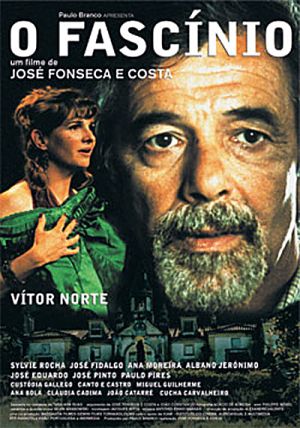
The Fascination (2003) by José Fonseca e Costa
MOTELX 2022
On a day like any other, Lino Paes Rodrigues arrives at his real estate entrepreneur’s office knowing that nothing
good awaits him. But when he opens a personal letter, he realises that his life may have changed completely after all. A great-uncle, with whom he had been angry for many years, has just died, leaving him an enormous estate in the Alentejo, near Elvas. But this unexpected inheritance takes him back to a place and a time that he had already forgotten, and where after all there are still memories and ghosts that he shouldn’t want to awaken. An intriguing story about a family, a manor house and its macabre past, adapted from a novel with the same title by the Brazilian author Tabajara Ruas, which Fonseca e Costa transposes to the Iberian border
good awaits him. But when he opens a personal letter, he realises that his life may have changed completely after all. A great-uncle, with whom he had been angry for many years, has just died, leaving him an enormous estate in the Alentejo, near Elvas. But this unexpected inheritance takes him back to a place and a time that he had already forgotten, and where after all there are still memories and ghosts that he shouldn’t want to awaken. An intriguing story about a family, a manor house and its macabre past, adapted from a novel with the same title by the Brazilian author Tabajara Ruas, which Fonseca e Costa transposes to the Iberian border

The Convent (1995) by Manoel de Oliveira
MOTELX 2022
Professor Michael Padovic, together with his wife Hélène, travel from Paris to a convent in Arrábida in search of essential documents to prove that Shakespeare had Spanish and not British ancestry. Its host is the guardian of
the convent, a strange character who goes by the name of Baltar. There is something mysterious about Hélène that
captivates Baltar. To distract her husband’s attention, he suggests that he hire Piedade, the convent’s new archivist, as his assistant. The situation becomes extremely bizarre and culminates in an unexpected way. Manoel de
Oliveira’s second most declared foray into the field of horror after “The Cannibals”, in 1988, is an allegory between
Good and Evil around four characters. Nominated for the Palme d’Or at Cannes 1995.




